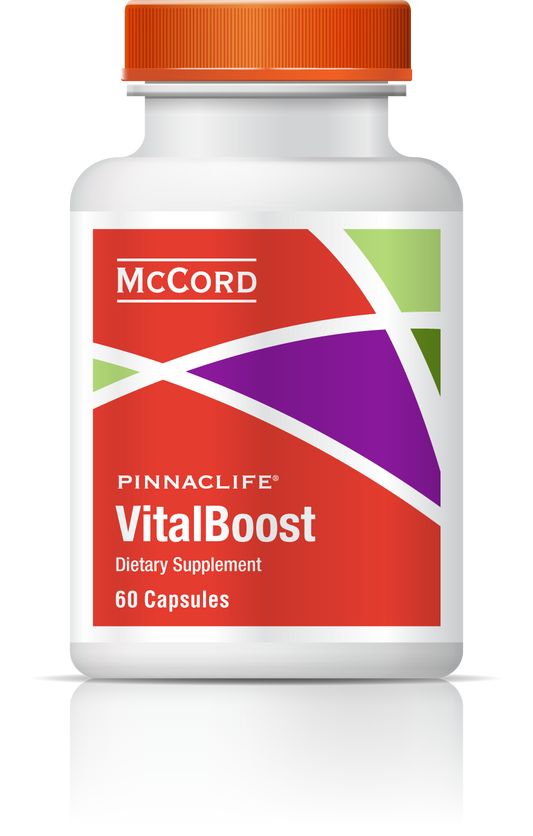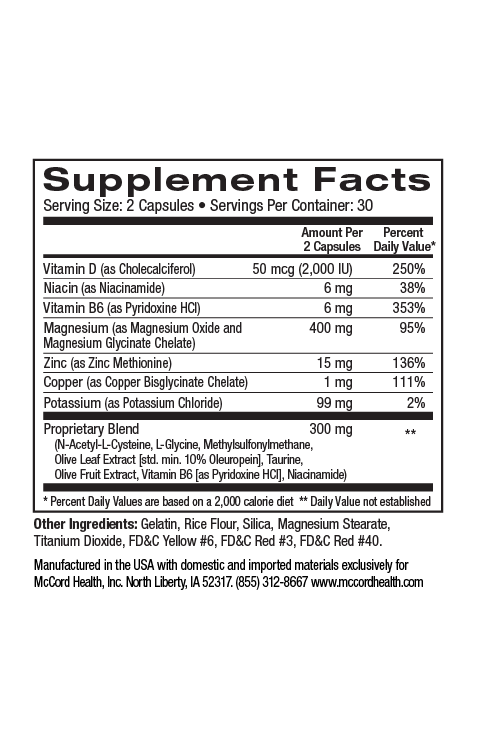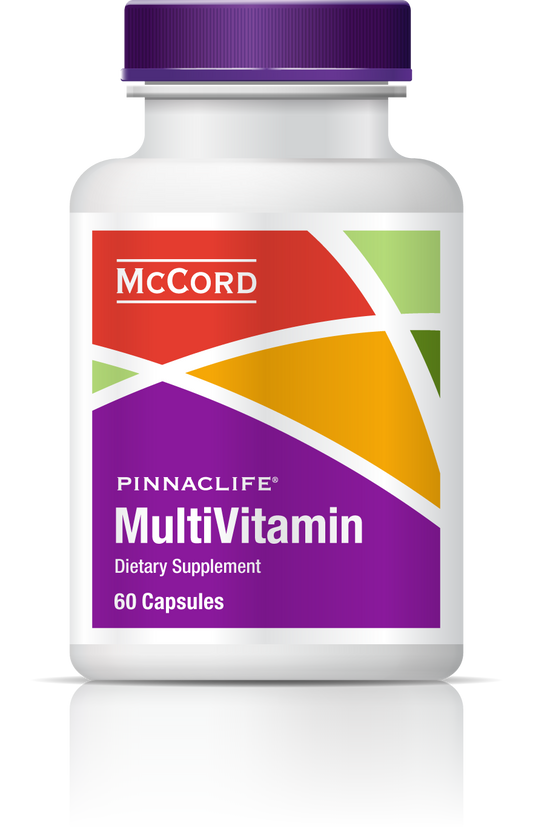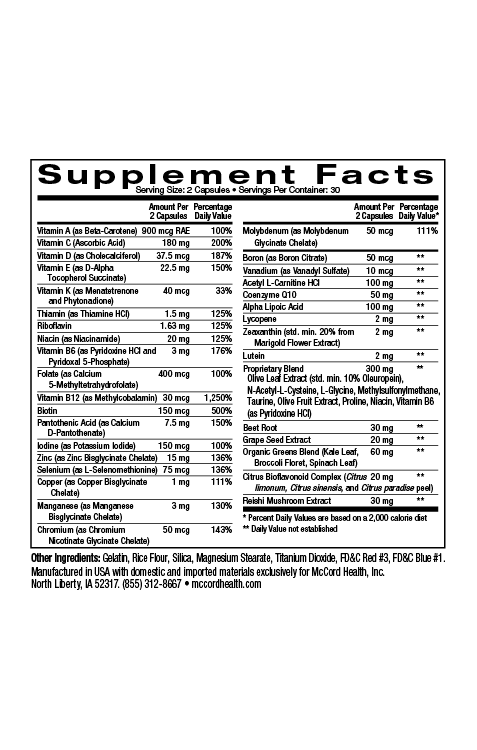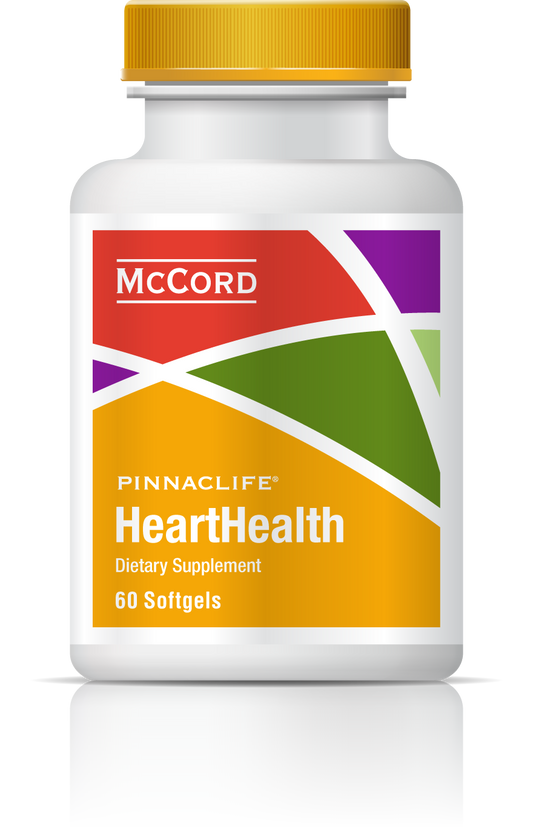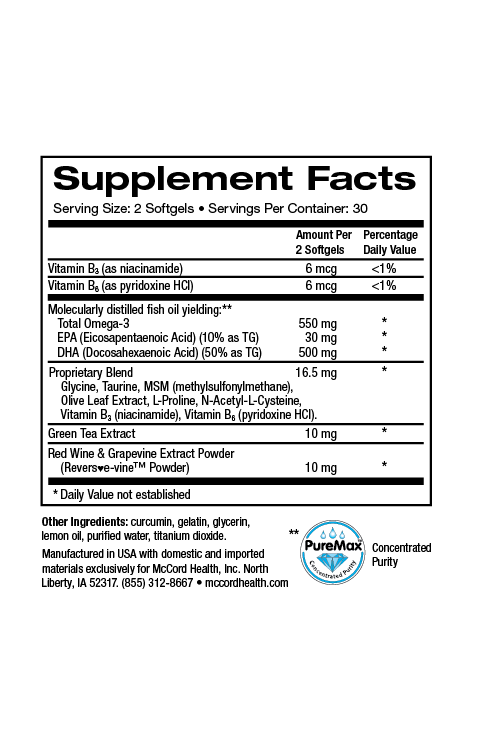Sleep disruptions have a negative impact on health but using safe and natural nutritional support including melatonin and magnesium can help reset the sleep clock and minimize restless nights and daytime drowsiness. Maintaining regular sleep patterns is essential for optimum health and feelings of wellness.
- Disrupted sleep cycles can have negative impacts on your health
- Sleep cycles can be disrupted by things like daylight savings, changing time zones, shift work, and more
- Melatonin is produced naturally by your body to regulate your sleep and wake cycles
- Supplementing with melatonin can help reset or maintain a desired sleep schedule to minimize sleep disturbances and related health consequences
Tell me More!
Sometimes you may experience disruptions in your sleep and wake cycle called the circadian rhythm (“circa” = around; “dian” = day). The effect, similar to the “jet-lag” people experience when traveling on long flights that cross several time zones – can happen for many reasons besides changing time zones.
While when your circadian rhythm is disrupted, you may experience any number of unpleasant effects such as headaches, irritability, insomnia, day-time fatigue, and decreased immune function – all things you would likely prefer to avoid.1–3
Adjusting to Changing Sleep Patterns
It can take several days to naturally adjust to altered sleep cycles, but eventually your body will reset the internal circadian clock and return to a regular sleep cycle. This “circadian reset” is accomplished by a hormone called melatonin.
Melatonin is produced in the brain by the pineal gland and it is controlled by light or darkness.4 When it is dark, the pineal gland secretes melatonin, letting your body know it’s time to sleep. When your eyes detect light, the pineal gland stops secreting melatonin and you begin to feel awake and alert.
Exposure to light or dark at inappropriate times in the sleep and wake cycle can disrupt melatonin production and the circadian rhythm, making it harder to adjust to changes.
Supplementing with Melatonin
Melatonin is commonly found in over-the-counter (OTC) supplements for promoting sleep and can be a useful tool to help restore a natural sleep cycle. This is especially helpful for people that are changing time zones, work overnight shifts, or just trying to reset their preferred sleep cylce.5,6 People that have trouble eliminating light from the room where they sleep produce less melatonin and could benefit from a melatonin supplement as well.
To help your body adjust to these changes, take the melatonin about 30 minutes prior to your intended bedtime to help train your body to a regular circadian rhythm.
Proper Dosing of Melatonin
Some people like to think that more is better when it comes to melatonin, but this is not the case. Too much melatonin can actually have counter-effects and contribute to more sleep problems and daytime drowsiness. It is best to start at a lower dose and slowly increase as needed based on your response.
You should avoid using more than 2 mg of melatonin unless you are working with a sleep specialist that has determined it is appropriate and can monitor your response.
It’s also a good idea to use products that contain 1 mg or less of melatonin per capsule/tablet. That way if you do take one extra pill, you only increase by a small amount rather than jumping up into excessively high doses. It will be much easier and safer to find your dose by adjusting it 1 mg at a time as compared to 5 mg at a time.
Your Body Repairs Itself While You Sleep
When your sleep cycles are disrupted for even a couple days you will notice a quick decline in your overall health and well being. This is because while you are asleep, your cells are working to repair themselves from the stresses and natural wear and tear that happens throughout the day.
Without sleep, these restorative processes are interrupted. This can make people prone to a wide variety of health problems including psychiatric and mood disorders, headaches, decreased functional status, premature aging, inflammation, and even cancer.9–14
It is well known that one of the best things you can do for your overall health is to incorporate good sleep practices to minimize disruptions to your circadian rhythm and get adequate sleep every night.12,15,16
Practice Good Sleep Hygiene
Melatonin is helpful for resetting your clock during time changes and travel, but if you are needing to regularly use sleep aids you should first make sure you are using good sleep practices (called "sleep hygiene") to naturally promote better sleep.
The National Sleep Foundation, Centers for Disease Control and Prevention, Mayo Clinic, and Better Health Channel list some of the following practices to improve your sleep:
- Go to bed and wake up around the same time every day aiming for 8-9 hours of sleep to establish a regular circadian rhythm
- Limit the amount of light in the bedroom while sleeping, as even small amounts can disrupt melatonin production (no TV’s or computer screens!)
- Try to only use your bedroom for sleeping and intimacy, avoiding other activities that can keep you awake such as watching TV or reading
- Get daily physical activity, preferably in the morning or late afternoon, while avoiding strenuous physical activity or exercise in the hours before bedtime
- Practice relaxation techniques such as meditation, yoga, and breathing exercises prior to bedtime
- Avoid stressful or emotional thoughts and conversations before bedtime (“don’t bring your problems to bed”)
- Avoid using any stimulants within 6-8 hours of bedtime, including caffeine, energy drinks/supplements, nicotine, sugar and certain medications (remember some herbal teas and chocolate may contain varying levels of caffeine)
- Avoid large meals close to bedtime, especially spicy and greasy foods that might contribute to heartburn, or high carbohydrate foods that might provide excess energy
- Make your bedroom as comfortable for sleep as possible with a slightly cool temperature (between 60-70° F), appropriate ventilation, darkness, quiet, and of course a quality mattress and quality pillows and bedding
- Do not try and force sleep – if you are unable to sleep, get out of bed and do a relaxing activity like reading in another room until you are tired instead of laying in bed and watching the clock all night
- Avoid drinking too many fluids before bedtime to avoid waking up to use the restroom, but also keep a glass of water at your bedside to avoid a trip to the faucet should you need a drink during the night
Avoid Prescription and Antihistamine-based Sleep Aids
It is best to avoid the use of prescription and antihistamine-based over-the-counter sleep aids as much as possible, especially long-term (more than 1-2 weeks). They have been associated with increased risk of neurological disorders including dementia and Alzheimer's disease. They can also be addictive and create a dependence while not actually supporting the deep REM sleep that you need.
Melatonin-based options may be a safer and more appropriate option for long-term use, but it is important to work with your healthcare providers to find what works best for you.
More Sleep Problems Come with Age
Melatonin production decreases as you age and this is one reason people tend to experience more sleep problems later in life.7,8 Most OTC and prescription medications carry strong warnings for use in people over age 65, especially for more than 2 weeks at a time, so melatonin may be a safer and more appropriate choice.
Proprietary Blend SleepHealth
Proprietary Blend SleepHealth was created using a safe and effective 2 mg dose of melatonin to help restore and maintain a natural circadian rhythm. The addition of magnesium and curcumin helps to promote relaxation and restful sleep in a safe and natural way.17–19
The addition of Proprietary Blend provides the restorative antioxidant support that your cells need to help recharge and revitalize your body while you sleep. You can also incorporate Proprietary Blend EnergyBoost during the daytime to help safely combat fatigue following a night of disrupted sleep.
References
- Zelinski EL, Deibel SH, McDonald RJ. The trouble with circadian clock dysfunction: multiple deleterious effects on the brain and body. Neurosci Biobehav Rev. 2014;40:80–101.
- Daley M, Morin CM, LeBlanc M, Grégoire J-P, Savard J. The economic burden of insomnia: direct and indirect costs for individuals with insomnia syndrome, insomnia symptoms, and good sleepers. Sleep. 2009;32(1):55–64.
- Spira AP, Kaufmann CN, Kasper JD, et al. Association between insomnia symptoms and functional status in U.S. older adults. J Gerontol B Psychol Sci Soc Sci. 2014;69(7):S35–41.
- Brown GM, Ph D, Frcp C. Light , Melatonin and the Sleep-Wake Cycle. J Psychiatr Neurosci. 1994;19(5):345–353.
- Arendt J. Jet-lag and shift work: (2). Therapeutic use of melatonin. J R Soc Med. 1999;92(8):402–5.
- Lewy AJ. Clinical applications of melatonin in circadian disorders. Dialogues Clin Neurosci. 2003;5(4):399–413.
- Zeitzer JM, Duffy JF, Lockley SW, Dijk D, Czeisler CA. Plasma Melatonin Rhythms In Young and Older Humans During Sleep , Sleep Deprivation , and Wake. Sleep. 2007;30(11):1437–43.
- Peuhkuri K, Sihvola N, Korpela R. Dietary factors and fluctuating levels of melatonin. Food Nutr Res. 2012;56:1–9.
- Schernhammer ES, Schulmeister K. Melatonin and cancer risk: does light at night compromise physiologic cancer protection by lowering serum melatonin levels? Br J Cancer. 2004;90(5):941–3.
- Jung B, Ahmad N. Melatonin in cancer management: progress and promise. Cancer Res. 2006;66(20):9789–93.
- León J, Acuña-Castroviejo D, Escames G, Tan D-X, Reiter RJ. Melatonin mitigates mitochondrial malfunction. J Pineal Res. 2005;38(1):1–9.
- Irwin MR. Why Sleep Is Important for Health: A Psychoneuroimmunology Perspective. Annu Rev Psychol. 2014;66:143–72.
- Harrison L, Wilson S, Munafò MR. Exploring the associations between sleep problems and chronic musculoskeletal pain in adolescents : A prospective cohort study. Pain Res Manag. 2014;19(5):e139–45.
- Rothman SM, Mattson MP. Sleep disturbances in Alzheimer’s and Parkinson's diseases. Neuromolecular Med. 2012;14(3):194–204.
- Vgontzas AN, Fernandez-mendoza J, Bixler EO, et al. Persistent Insomnia : the Role of Objective Short Sleep Duration and Mental Health. Sleep. 2012;35(1):61–68.
- Wong MM, Robertson GC, Dyson RB. Prospective Relationship Between Poor Sleep and Substance-Related Problems in a National Sample of Adolescents. Alcohol Clin Exp Res. 2015:1–8.
- Xu Y, Ku B, Tie L, et al. Curcumin reverses the effects of chronic stress on behavior, the HPA axis, BDNF expression and phosphorylation of CREB. Brain Res. 2006;1122(1):56–64.
- Kulkarni SK, Dhir A. An overview of curcumin in neurological disorders. Indian J Pharm Sci. 2010;72(2):149–54.
- Meoli AL, Rosen C, Kristo D, et al. Oral Nonprescription Treatment for Insomnia : An Evaluation of Products With Limited Evidence. J Clin Sleep Med. 2005;1(2):173–187.
Disclaimer: These statements have not been reviewed by the FDA. These products are dietary supplements and are not intended to treat, cure, or prevent any disease. The decision to use these products should be discussed with a trusted healthcare provider. The authors and the publisher of this work have made every effort to use sources believed to be reliable to provide information that is accurate and compatible with the standards generally accepted at the time of publication. The authors and the publisher shall not be liable for any special, consequential, or exemplary damages resulting, in whole or in part, from the readers’ use of, or reliance on, the information contained in this article. The publisher has no responsibility for the persistence or accuracy of URLs for external or third party Internet websites referred to in this publication and does not guarantee that any content on such websites is, or will remain, accurate or appropriate.

